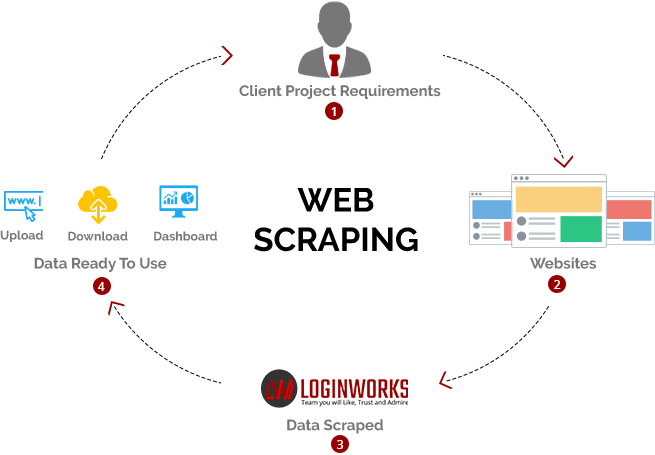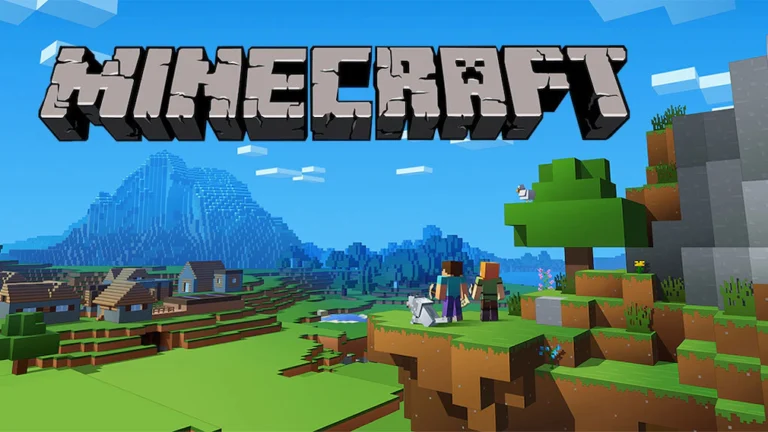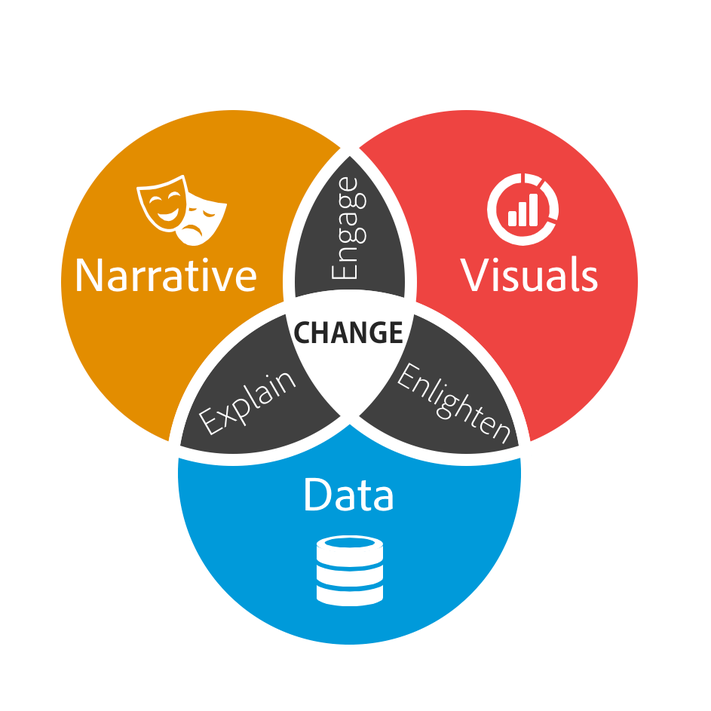In the ever-evolving landscape of game development, gaining a competitive edge is paramount to success. While creativity and innovation are crucial, understanding market trends, player preferences, and competitor strategies can significantly influence the direction and success of a game. In this article, we’ll explore how web scraping, a powerful data extraction technique, can be leveraged for competitive analysis in game development.
Understanding Competitive Analysis in Game Development
Competitive analysis involves evaluating the strengths and weaknesses of competitors to inform strategic decision-making. In the realm of game development, this entails analyzing rival games, identifying market trends, and uncovering player sentiments to inform game design, marketing strategies, and feature prioritization.
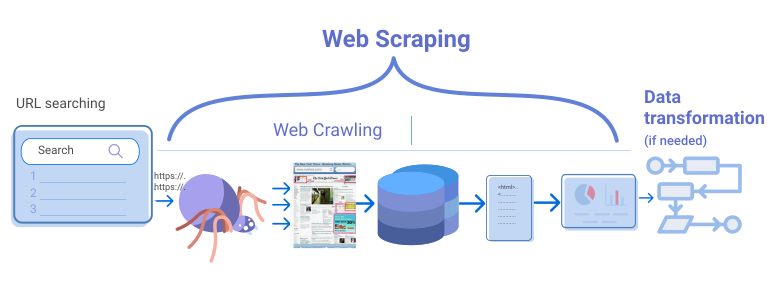
The Role of Web Scraping in Competitive Analysis
Web scraping involves extracting data from websites and online sources to gather valuable insights. In game development, web scraping can be used to collect a wide range of data, including:
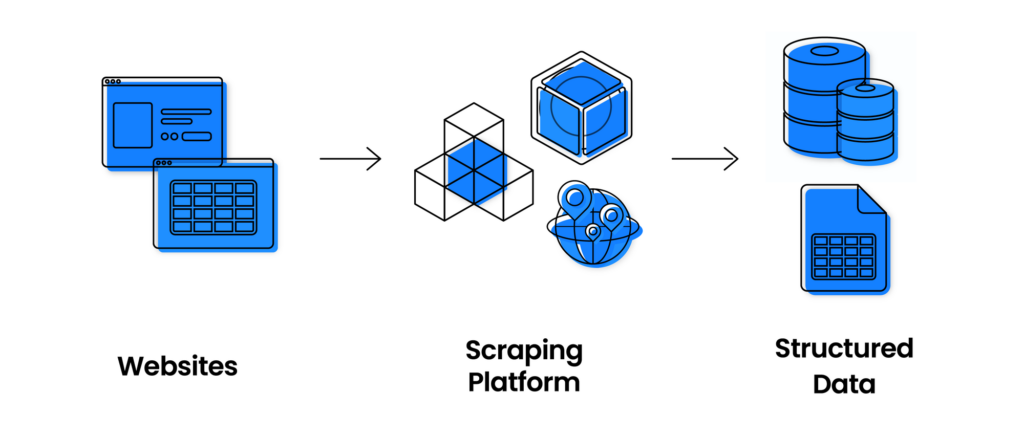
- Game Reviews and Ratings: Scraping review platforms, forums, and social media channels allows developers to gauge player sentiment, identify common complaints or praises, and understand the strengths and weaknesses of rival games.
- Market Trends and News: Monitoring gaming news websites, industry blogs, and social media feeds provides developers with up-to-date information on emerging trends, popular genres, and market demands, enabling them to adapt their game concepts and features accordingly.
- Competitor Features and Updates: Tracking competitor websites, patch notes, and development blogs allows developers to stay informed about new features, updates, and strategies employed by rival games. This insight can inform feature prioritization and help developers differentiate their game in the market.
- Player Behavior and Preferences: Analyzing player forums, subreddit discussions, and community feedback provides valuable insights into player behavior, preferences, and pain points. This data can inform game design decisions, such as balancing, mechanics adjustments, and content updates.
Practical Applications of Web Scraping in Game Development
- Market Research and Concept Validation: Before diving into development, web scraping can be used to conduct market research and validate game concepts. By analyzing player discussions, market trends, and competitor offerings, developers can identify gaps in the market and tailor their game concepts to meet player demands.
- Feature Prioritization and Iteration: Throughout the development cycle, web scraping can inform feature prioritization and iteration. By tracking competitor updates, player feedback, and market trends, developers can identify opportunities to enhance existing features, introduce new mechanics, or adjust gameplay elements to better align with player preferences.
- Marketing and Player Engagement: Web scraping can also be instrumental in crafting effective marketing strategies and fostering player engagement. By analyzing player sentiments, identifying influencers, and monitoring social media discussions, developers can tailor their marketing messages, target specific player demographics, and engage with their audience in meaningful ways.

Challenges and Considerations
While web scraping offers valuable insights, it’s important to approach data collection ethically and responsibly. Developers should respect website terms of service, adhere to legal regulations, and prioritize data privacy and security. Additionally, web scraping requires technical expertise and resources to implement effectively, including robust data extraction tools, data cleaning processes, and infrastructure for storing and analyzing collected data.
Read abot also: Mastering Freelancing: Strategies for Success in the Gig Economy.
Conclusion
In the competitive world of game development, leveraging data-driven insights is essential for success. By harnessing the power of web scraping, developers can gain valuable insights into market trends, player preferences, and competitor strategies, enabling them to make informed decisions, iterate effectively, and ultimately create games that resonate with players and stand out in the market. As technology continues to advance, web scraping will remain a valuable tool for competitive analysis in game development, empowering developers to stay ahead of the curve and deliver exceptional gaming experiences.





